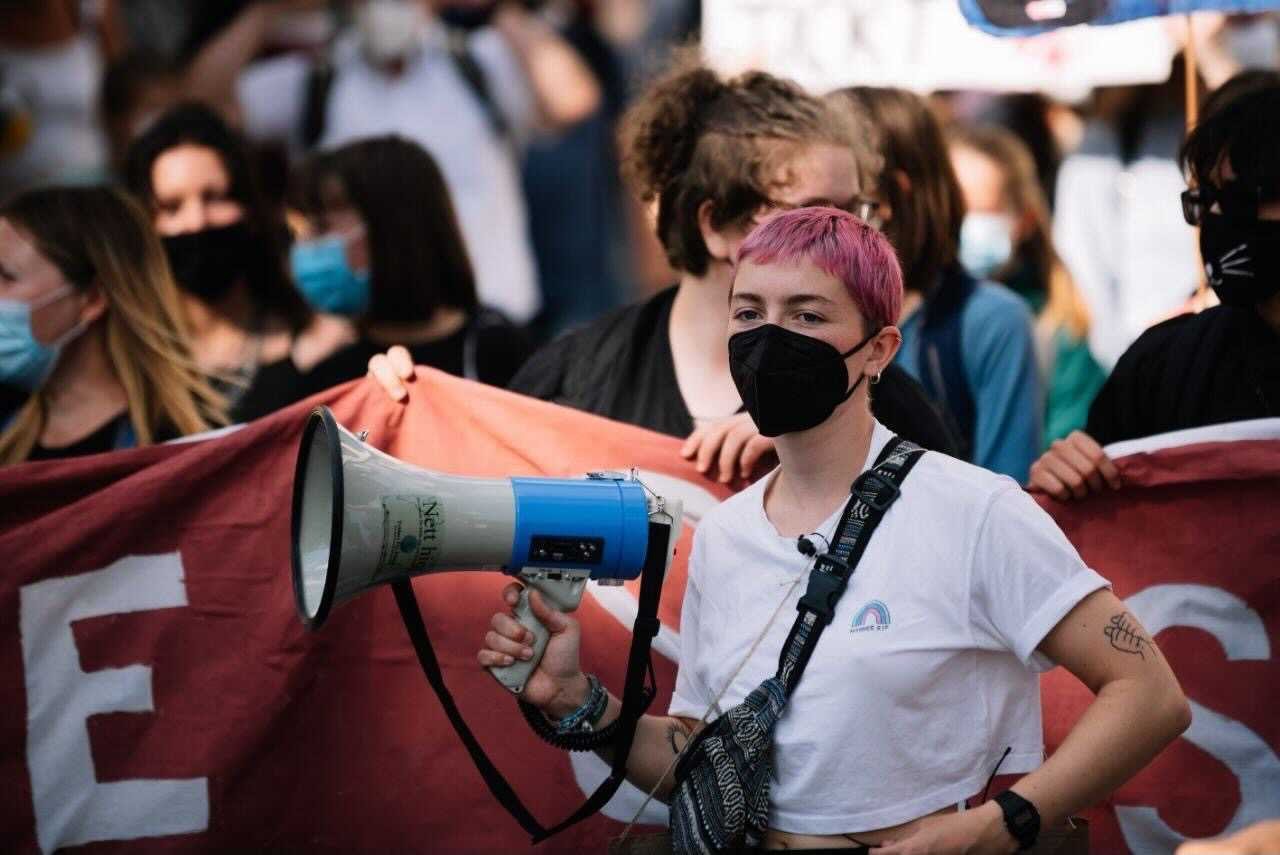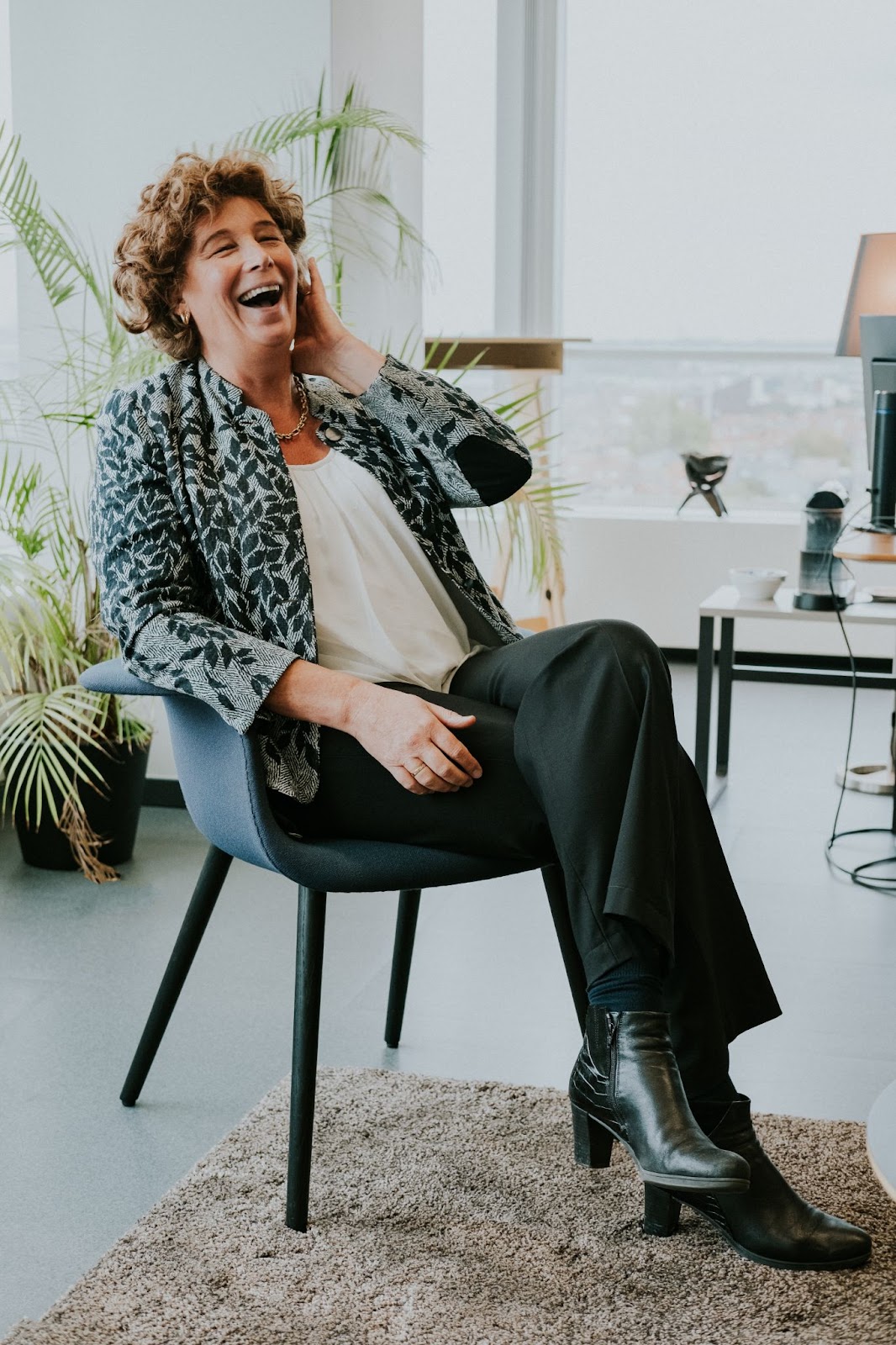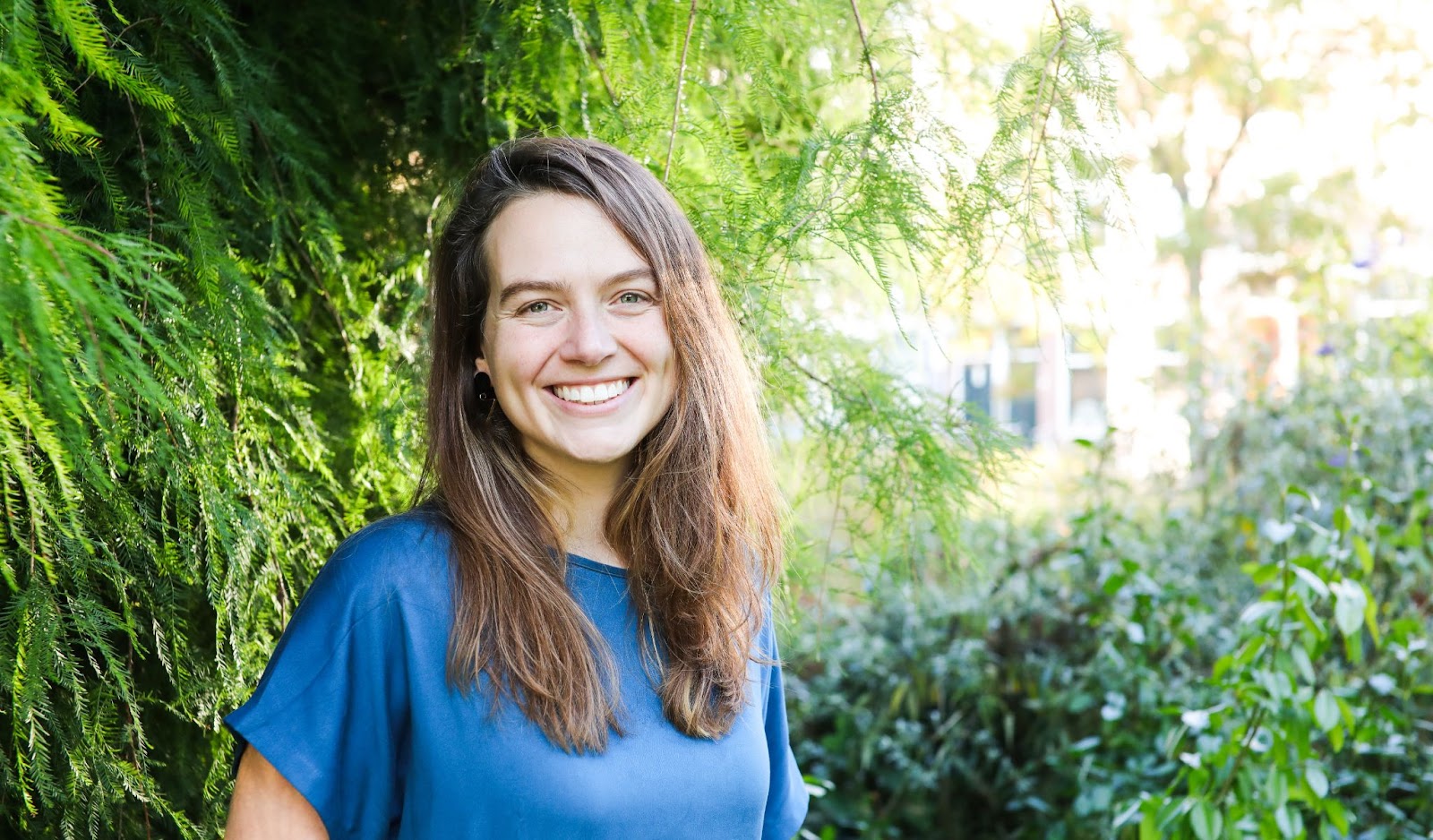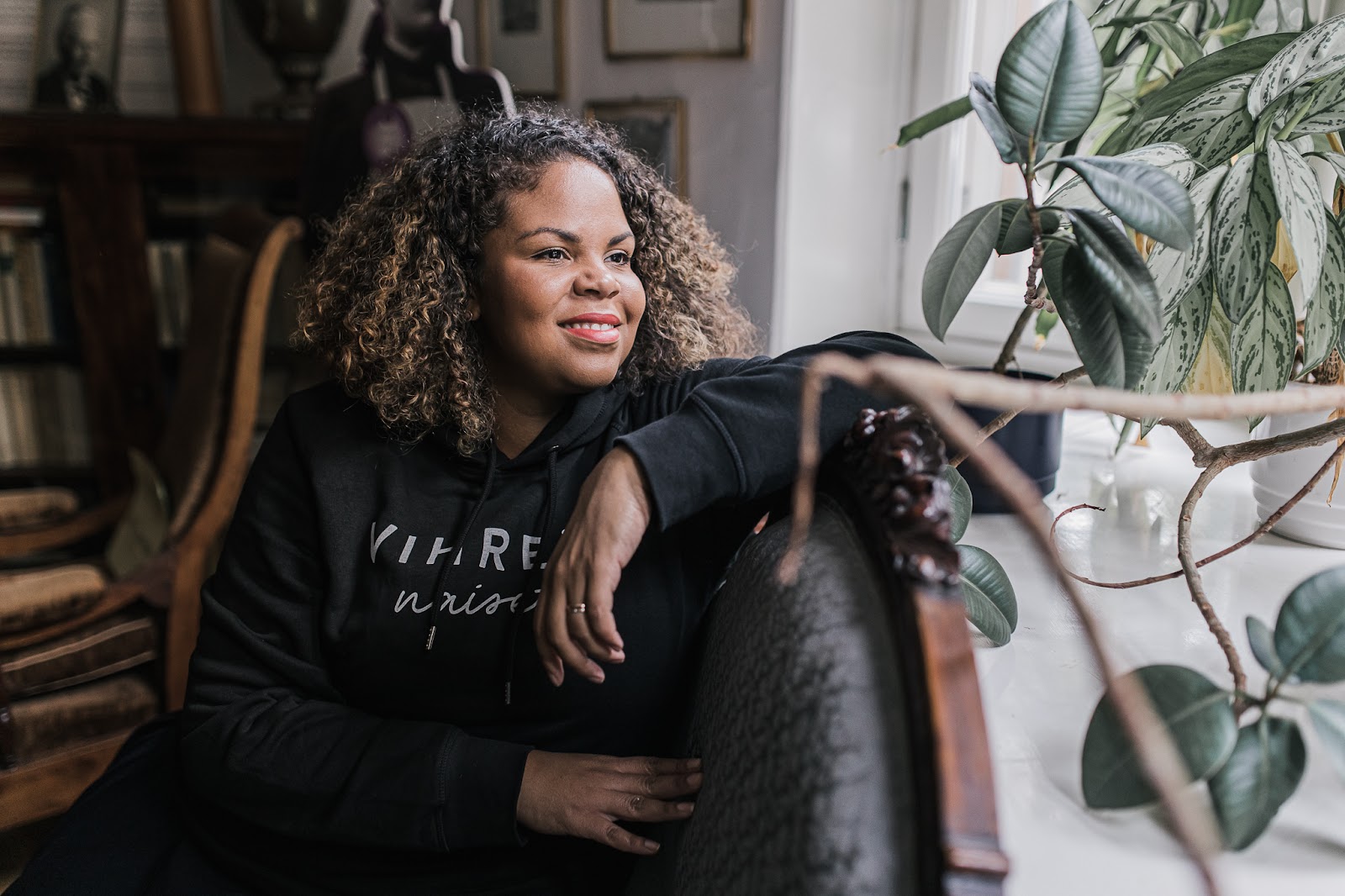This year wasn’t an easy one for any of us. But we’ve been inspired by some truly incredible people who have been fearlessly fighting for the rights of women, gender diverse people and our planet. During the 16 Days of Activism against gender-based violence, we reached out to some of our favorite feminists to find out their hopes for a feminist and fierce future free from fossil fuels.
Whether in the streets or in government – each of them are fighting for a feminist future in their own way. But what gives them hope for 2022?
Line: “Climate activism is run by girls, trans and non-binary people around the world.”
Line Niedeggen has been an activist for global climate justice at Fridays For Future Germany since 2019. She was among the activists who led the major climate strikes in Heidelberg. At Fridays for Future, she works on national strategy and public relations with a special focus on intersectionality.

What made you start identifying a feminist? Share the story with us!
Growing up, I never questioned my ability to become anything I wanted to be. But as I grew older, the world seemed to keep questioning me. I get treated differently. My expertise is often not taken seriously. Looking at the relationship between climate and gender, we know that FLINTA* (Female, Lesbian, Intersex, Trans and Agender and anyone who is structurally oppressed in a cispatriarchal society) people are more heavily affected by climate change. Discrimination intensifies in crisis situations. Logically, fighting for climate justice means breaking down patriarchal structures.
If you could give one piece of advice to make climate activism and advocacy better for women and gender diverse people, what would it be?
Climate activism is run by girls, trans and non-binary people around the world. Joining our struggles, standing in solidarity with each other and building feminist structures in our local activist groups will make our fight sustainably empowering!
Petra: “When we join forces, we can truly achieve a feminist future.”
Petra De Sutter is the Deputy Prime Minister of Belgium. She is also the Belgian Minister for Public Administration, Public Enterprises, Telecommunications and Postal Services. Before getting into politics, Petra worked as a gynecologist and fertility specialist. Petra is a champion for women’s sexual and reproductive health and rights, for refugee rights and for people from the LGBTI community.

What gives you hope for a feminist future?
The energy and the inspiration of young people. So many young people are committed to climate justice and social justice. They are fighting for gender equality. Young people are shaping their own future and making it equal. When we join forces, we can truly achieve a feminist future. This gives me hope that our work for a fair society will only get more support.
Tell us your biggest feminist policy goal in 5 words!
Sexual and reproductive rights for every person.
Kim: “It’s not up to individuals to fight against injustices on their own. We need to change society.”
Kim van Sparrentak is a Dutch politician and Member of the European Parliament (MEP) in the Greens/EFA Group. Kim is a strong advocate for LGBTIQ+ rights and all things related to digital rights and the online space.

What made you start identifying a feminist? Share the story with us!
I started identifying as a feminist when I became active in the Federation of Young European Greens. I realised that women and queer people were facing the same struggles everywhere. This really opened my eyes that it’s a systemic issue. It’s not up to individuals to fight against injustices on their own. We need to change society. When I joined the fight to change patriarchal structures with other intersectional feminists, that’s when I started callling myself a feminist.
Who is your ultimate feminist icon?
Tarana Burke, the person who started the #MeToo movement. For me, Tarana exemplifies a true feminist icon. She has done so much important work in her own community, bringing tangible change to women who suffered from sexual violence. Ultimately, she’s inspired the entire world to speak up.
She became an icon because of hard work and dedication. It really shows that people at all levels can make change in their own communities.
Fatim: “When attacks happen against women in politics, I make it a point to show up and defend them”
Fatim Diarra is the Chair of Helsinki City Council where she advocates for the rights of women and minorities. Her priorities are climate change, education, equality and anti-racism. Fatim is also the Chair of the Feminist Association Unioni, Finland’s oldest women’s rights organisation.

If you could give one piece of advice to make your field of work better for women and gender diverse people, what would it be?
Let’s be there for each other. For me, it is an honor to support and be there for other women and gender diverse people in politics. When coordinated attacks happen against women in politics, I make it a point always to show up and defend my colleagues.
What gives you hope for a feminist future?
Social media! I feel like our collective efforts for feminism are growing as we connect to each other by social media.
Margaux: “The exploitation of minority groups and of the Earth is a common problem”
Margaux De Ré is a Member of the Brussels Parliament and the Wallonia-Brussels Federation. She’s active in the areas of economy, employment and digital, gender equality, culture and media. Margaux’s ambition is to contribute to a more inclusive, more altruistic society, where everyone feels good and free to build a future for themselves.

We’re now in the middle of #16DaysofActivism against gender-based violence. What example of feminist activism has inspired you?
I am inspired and empowered by activism which combines environmental ethics with feminism. We live in a world where all fights are one. For this reason, the exploitation of minority groups and of the Earth as a common problem, with deep roots in the sexist, capitalist and colonialist mindset of violating instead of preserving and growing together. The change I want to be a part of is moving towards a society which recognises women and nature as fundamental and irreplaceable parts of humanity. We may walk under different conditions of opportunity, but we’re all going in the same direction.
Tell us your biggest feminist policy goal in 5 words!
From school to retirement, more autonomy for women!